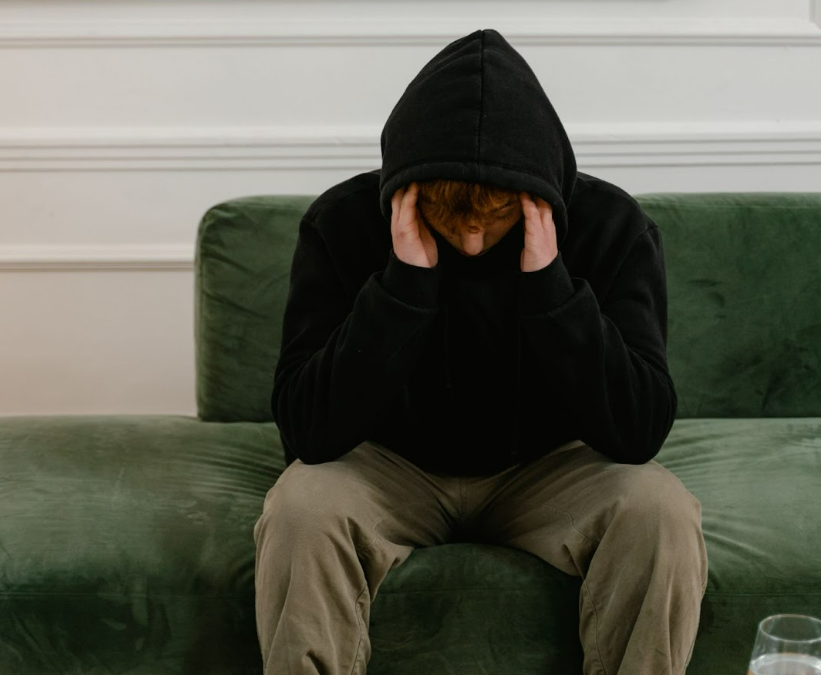So, often this question is raised, how is stress related to depression. The answer is very clear. In around 70% of cases, the first depressive episode is triggered by a significant stressful event (Monroe and Harkness,2005). Events such as the death of a loved one, divorce, job loss, breakup of a longstanding relationship, and significant financial loss can precipitate an episode of depression.
Why do some people get depressed when faced with a stressful life event, whereas others don’t.
The answer lies in the term ‘vulnerability’. All of us have different vulnerabilities to depression. Those with a high vulnerability may get depressed even with a mild stressor, whereas those with low vulnerability may cope with even severe stressors healthily.
So, what determines the vulnerability of an individual to depression?
There are multiple factors involved. One of the important ones is genetics; it’s proven that certain genes play a role in determining vulnerability to depression. If you have a family history (i.e. your parents, grandparents or cousins) had depression, that increases the chances of you having a depressive episode. Childhood factors too are important; a history of neglect or abuse in childhood or the loss of a parent in childhood increases the vulnerability to depression. Finally, certain personality traits such as high neuroticism (people with high neuroticism are more likely to experience negative emotions) are also associated with increased risk.
So as people recover from depression, they become more resistant to future episodes, right?
Unfortunately no. The research shows that even less severe stressors can trigger future depressive episodes, and as the depressive episodes continue, it is possible that even without a stressor, an individual may develop a depressive episode. This is called the phenomenon of ‘kindling’ wherein every depressive episode increases the likelihood of another depressive episode by decreasing the threshold of the stressor required.
So stress increases the vulnerability to depression; what about the effect of depression on stress?
Well, it works both ways. It has been found that depressed individuals tend to experience more stressors in life, and as you can imagine, this may lead to a vicious cycle, where stress causes depression, depression leads to more stress and so on. Depressed individuals especially face increased stress in relationships and professional life as they often cannot fulfil their family responsibilities and professional obligations.
So how to handle all the stress? Can we do something about it?
Well, stress is not entirely avoidable. Every now and then, stressful events will happen. However, one can develop better coping strategies. It has also been found that patients with depression have faulty thinking patterns, often called cognitive errors; addressing and fixing them with the help of psychotherapies like CBT (cognitive behavioural therapy) can be really useful. Activities like yoga, meditation, regular exercise, and sharing with friends/family can help.
References
- Monroe SM, Harkness KL. Life stress, the” kindling” hypothesis, and the recurrence of depression: considerations from a life stress perspective. Psychological review. 2005 Apr;112(2):417.
- Stroud K. Stressful Life Events and Major Depression.
- Caspi A, Sugden K, Moffitt TE, Taylor A, Craig IW, Harrington H, McClay J, Mill J, Martin J, Braithwaite A, Poulton R. Influence of life stress on depression: moderation by a polymorphism in the 5-HTT gene. Science. 2003 Jul 18;301(5631):386-9.

